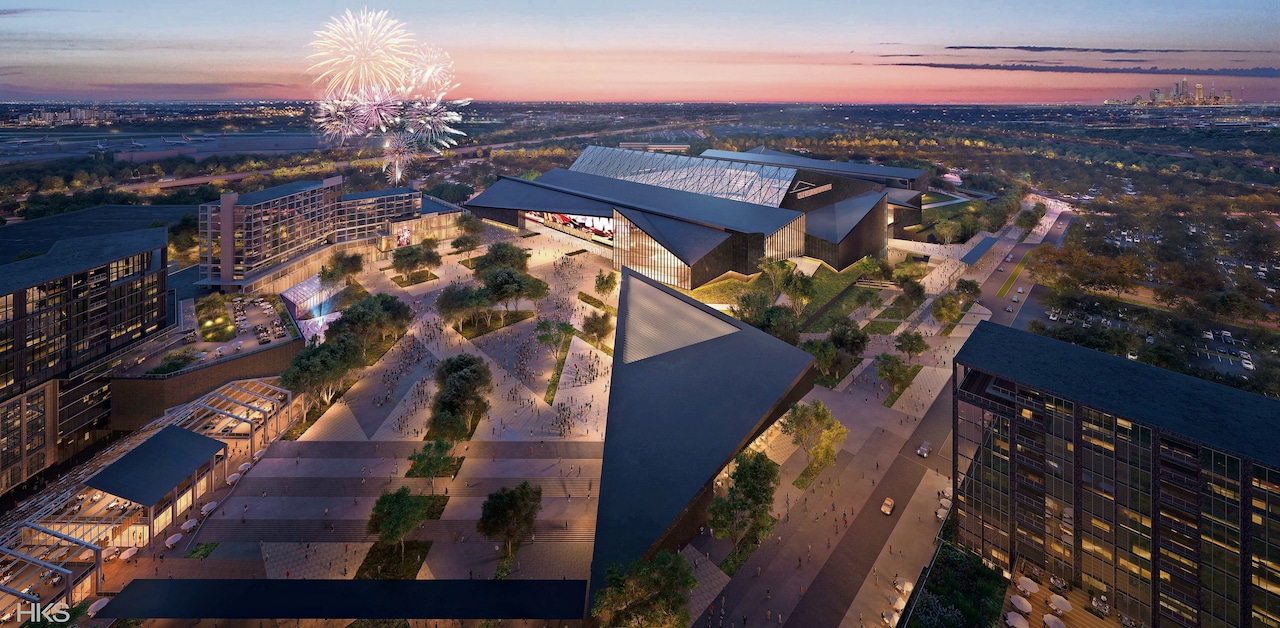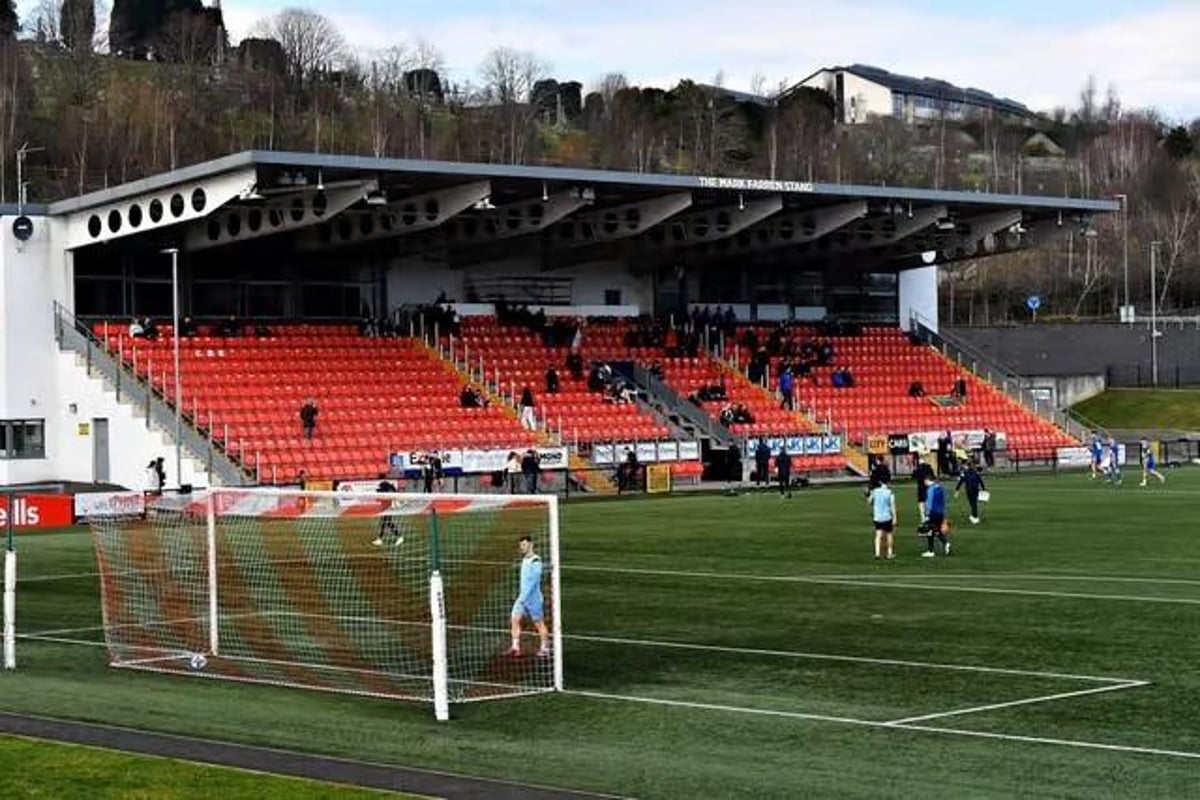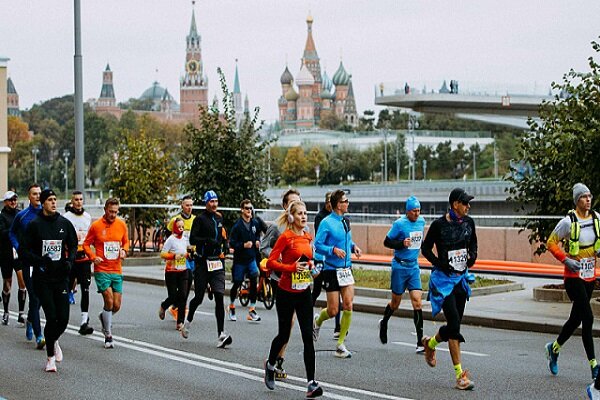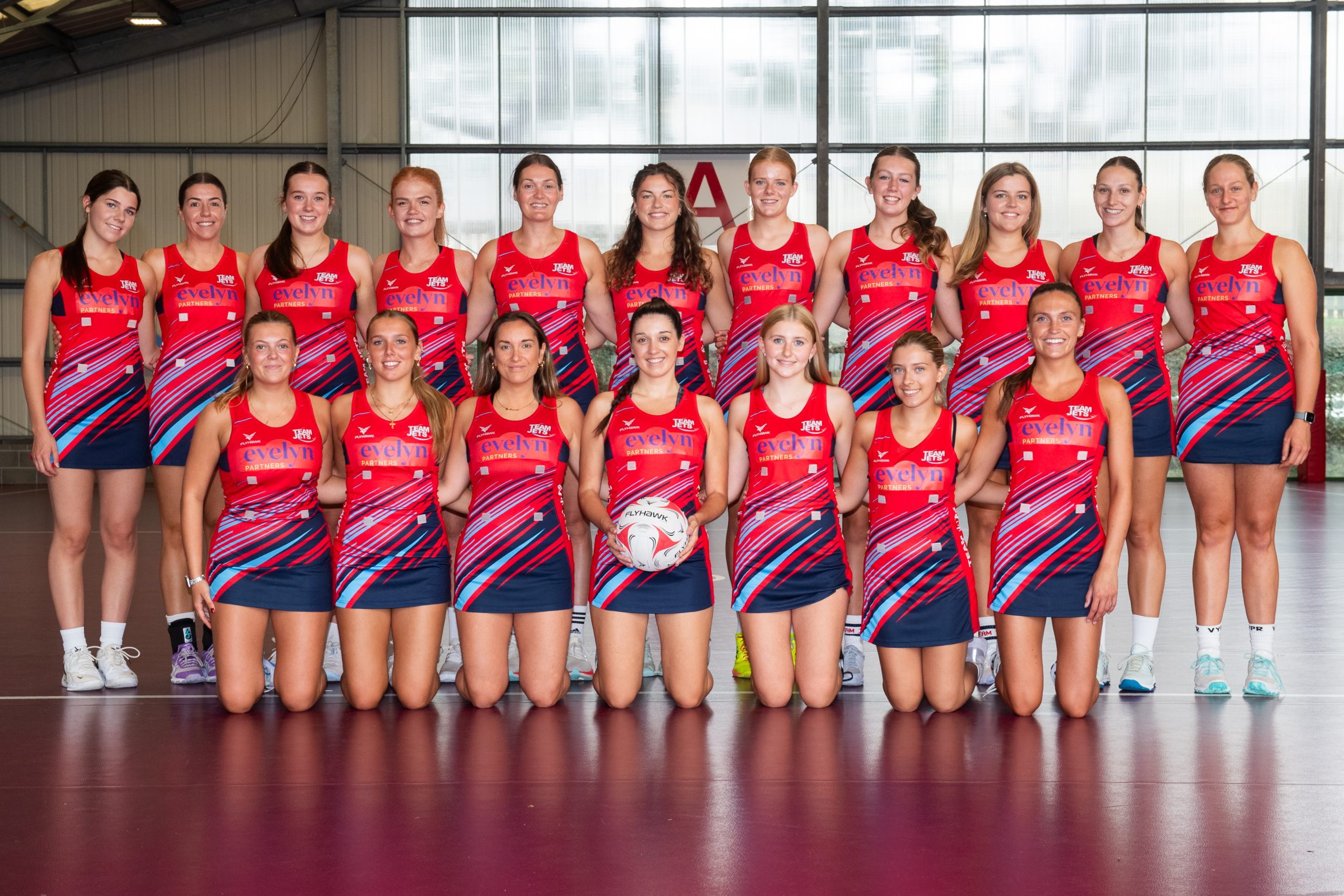Ohio’s revised ‘Art Modell Law’ takes effect, amid legal battle over consequences for new Browns stadium

COLUMBUS, Ohio—A new Ohio law change allowing the Cleveland Browns to skirt the state’s “Art Modell Law” if they move to a new stadium in suburban Brook Park is in force as of Monday.
However, courtroom arguments continue about whether it was passed too late for the Browns to take advantage of it.
The new law, one of dozens of amendments slipped into the state’s new budget plan at 1:30 a.m. the day it passed the legislature, seeks to short-circuit a 1996 state law blocking professional sports teams from leaving taxpayer-supported stadiums unless city officials OK the move or team owners give locals a chance to buy the team.
Your feedback matters
Should Ohio’s “Art Modell Law” have been changed to allow the Cleveland Browns to move to suburban Brook Park?
Those original restrictions were passed soon after Art Modell, the owner of a previous iteration of the Browns, abruptly moved the team to Baltimore, devastating Northeast Ohio fans.
Under the newly revised law, the limitations only apply to pro sports teams if they are looking to leave the state of Ohio entirely – not teams like the Browns that are seeking to move from Cleveland to the adjacent suburb of Brook Park, where the team wants to build a $2.4 billion covered stadium.
The new law also states that when the Browns’ lease at their current lakefront home, Huntington Bank Field, expires after the 2028 NFL season, the expiration of the lease would – by itself – be deemed to meet the state law’s requirement that city officials give permission for the team to relocate.
Stories by Jeremy Pelzer
From bipartisanship to power politics: why the promises of Ohio’s redistricting reform unraveled
Feds reject Ohio’s bid to guarantee Medicaid coverage for 152,000 kids through age 4: Capitol Letter
Ohio lawmakers’ texts, emails blocked from public scrutiny under new secrecy law
Gov. Mike DeWine signed the budget – including the Modell Law revisions and $600 million in state aid for the Brook Park stadium – into law on June 30. The changes, like other state budget policy measures, take effect on the 91st day after the governor signed the legislation.
The Browns and the city Cleveland are currently engaged in two separate lawsuits over the so-called Modell Law – a federal lawsuit from the team attempting to overturn the law as unconstitutional, and a Cuyahoga County Common Pleas Court suit filed by the city asking a judge to enforce the law.
In the latter suit, an attorney for the city argued last month that the new law (which he dubbed the “Haslam Law,” after current Browns owners Jimmy and Dee Haslam) “changes nothing,” as the Browns still violated the old version of the Modell Law before the revisions took effect.
However, Ohio Attorney General Dave Yost undercut the city’s argument last month, asserting in a brief regarding the federal lawsuit that the revised law applies retroactively.
The judges hearing the federal and county lawsuits, respectively, have yet to make a ruling on the issue.
Senate President Rob McColley, a Northwest Ohio Republican, defended the revisions to reporters in June, saying that it would be “insane” to argue that the Modell Law wasn’t intended to tether teams to their stadiums in perpetuity.
“What this is doing is protecting the taxpayers — basically saying, ‘you have to fill out your lease, you have to satisfy your obligation, and if you’ve received state funding, you have to remain in the state of Ohio,’” McColley said.
Cleveland and Cuyahoga County officials, not surprisingly, responded by condemning the move.
“This proposed change fails to protect communities like us when a team decides to leave,” said city of Cleveland spokesman Tyler Sinclair in a statement at the time. “Moving the Browns — whether 12 miles or across the country — is a betrayal of the city and residents who have stood by the franchise for generations.”
The pending lawsuits, including the legal questions about the Modell Law, are just one hurdle the Browns still have to overcome as they attempt to move to Brook Park in time for the 2029 NFL season.
One is securing the final $600 million of the $2.4 billion stadium cost. Browns officials hoped to get it from Cuyahoga County – with the state kicking in $600 million and the Haslams covering the remaining $1.2 billion – but county executive Chris Ronayne has vocally opposed that plan.
The Browns have vowed to build the stadium even without the county’s support, through borrowing by the team and the city of Brook Park.



